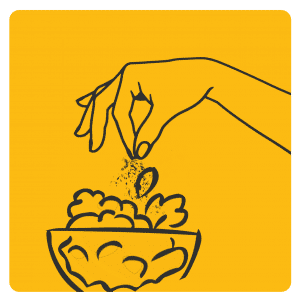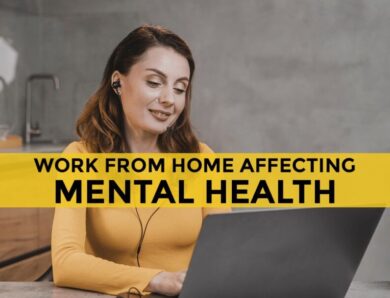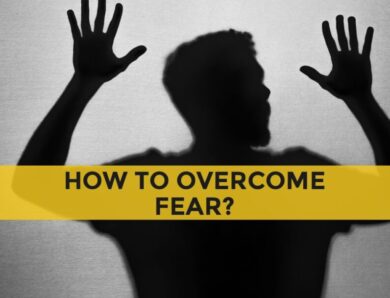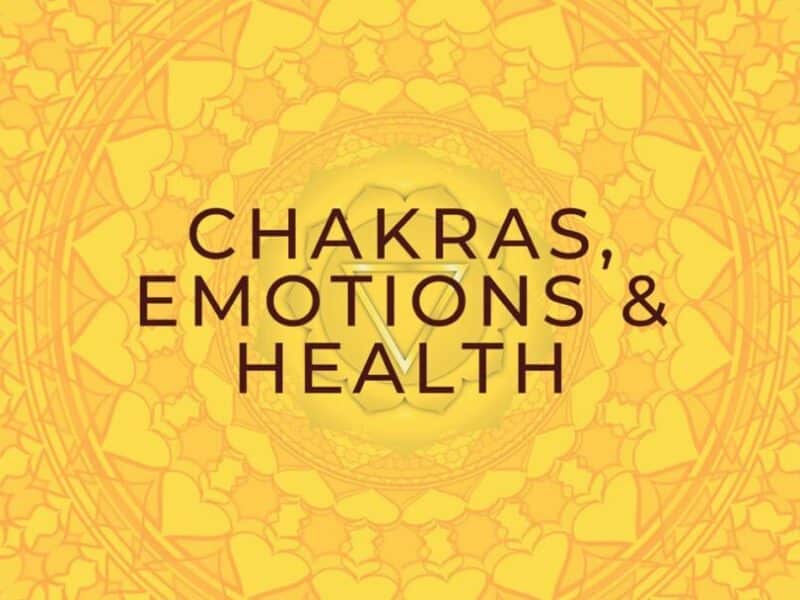
How are Chakras Related to our Health?
Chakras are the energy centers of our bodies. They are believed to have spiritual and physical effects on us. But can also be thought of as a kind of “energy engine” that connects everything in our body. The chakras are located along a circuit that runs from top to bottom through your body. Each chakra has an associated color and sound frequency that corresponds with its function, which helps to identify where it is located within your own body or others.
The word “chakra” comes from the Sanskrit cakra, which means wheel. Chakras are a concept that refers to a complex network of energy centers that exist within the body.
Also, they can be thought of as miniature spiritual power plants that produce or absorb energy from other sources—the sun (or light), air (wind), water (liquid), or earth (solid). Each chakra has its own unique purpose in your life because it helps you achieve a balance between your mind, emotions, and body parts.
Chakra is a term that refers to a complex network of energy centers that exist within the body. The chakras are located along the spine, and each one corresponds with specific organs, emotions, and other systems in your body. They help us maintain balance and control our thoughts by regulating our hormones (hormones), breathing patterns (breathing patterns), digestion (digestion), and even how we perceive colors!
Association of Chakras
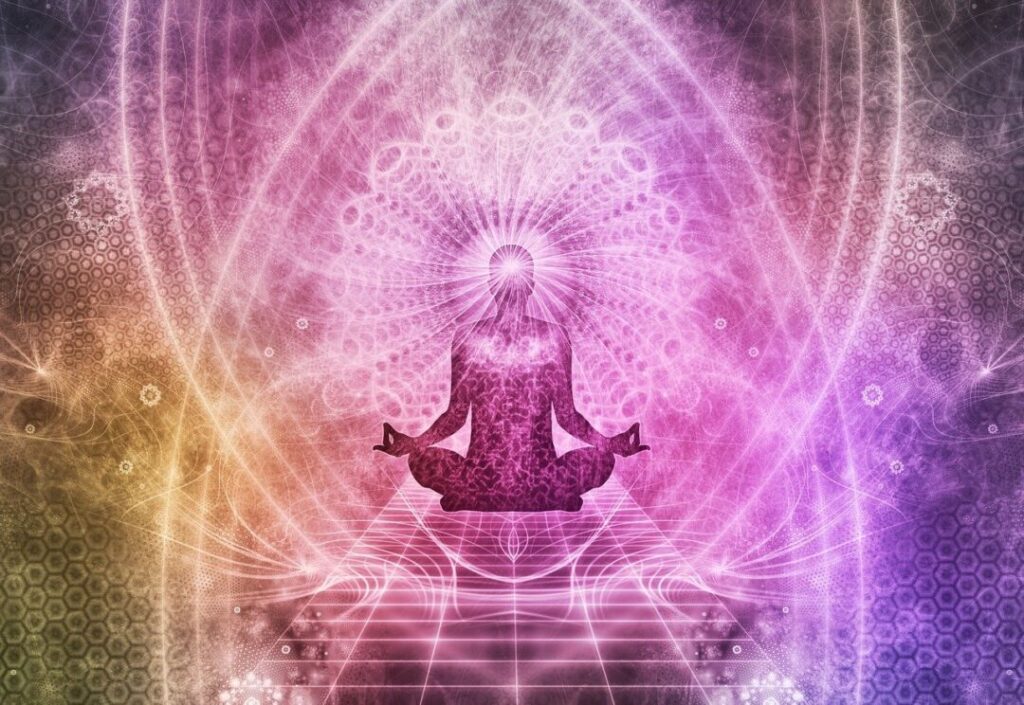
The chakras are also associated with various organs, mental and emotional states, colors, and sound frequencies.
The chakras are said to be located along the spine at specific locations on the body. They represent an area of energy known as prana or life force that circulates throughout our bodies. Each chakra has a function related to its location in the body:
- Root Chakra (Muladhara) – It represents our foundation.
- Sacral Chakra (Swadhisthana) – It informs how we relate to our emotions and the emotions of others.
- Solar Plexus Chakra (Manipura) – It helps you to be confident and in control of your life.
- Heart Chakra (Anahata) – It is the bridge between the lower chakras and the upper chakras.
- Throat Chakra (Vishuddha) – It gives voice to the heart chakra and controls our ability to communicate our personal power.
- Third-Eye Chakra (Ajna) – It controls our ability to see the big picture.
- Crown Chakra (Sahasrara) – It represents our ability to be fully connected spiritually.
Chakras have a close relationship with our emotional health. Each chakra has an associated emotion or set of emotions, that is closely linked to the function of that center.
The chakras are also connected to the endocrine system, which produces hormones. In other words, our emotions affect how we feel physically. For example, anger can lead to increased blood pressure and heart rate, while sadness might cause us to feel nauseous or depressed.
The chakras are also connected to the nervous system and immune system because they help regulate these systems by influencing their activity in various ways (for instance: by stimulating specific neurons).
In Sanskrit, the word for emotion is vritti, which means movement or thought wave.
In Sanskrit, the word for emotion is vritti, which means movement or thought wave. Emotions are thought waves and so they can be thought patterns and energies that move through us like waves in a pond.
Chakras are located in your body’s energy centers and each has an associated color that represents a different part of your personality. Each chakra vibrates at a specific frequency (in other words: it has its own unique tone) that helps you access your feelings and emotions when you need them most—whether it’s during meditation or when there’s something bothering you at work!
The relationship between thoughts and emotions is important because strong emotions are often triggered by thought patterns.
The relationship between thoughts and emotions is important because strong emotions are often triggered by thought patterns. Emotions can be positive or negative, based on the situation you’re in.
They can also be triggered by memories of past experiences, events that are happening at the moment (like a phone call), or even other people’s behavior toward us. Emotions can also change over time. For example, if we experience an exciting event like winning an award at work then we may have high levels of excitement for several weeks afterward. However, if these same circumstances don’t happen again soon enough then our level of excitement will begin to decrease until it reaches its lowest point again (called ‘rebound’).
Thoughts determine our emotional experience as much as any external circumstance or event.
Our thoughts are a key component of our emotional experience. Our thoughts can be changed, and the way we think can change our emotions. For example, if you were to think about something that happened in the past (like an argument with your best friend), your current state of mind would most likely be affected by what happened then. This is because there’s no separation between past events and present ones: they’re all intertwined together in time and space. As such, it’s difficult for people to fully separate their feelings from those associated with particular events. Especially when those events happen frequently enough over time!
Chakras help us achieve balance in our lives
Chakras are like a bridge between the body and the mind. They connect you to your soul, which in turn connects you to everything else in this world.
When we’re having an emotion-filled day, for example, it will affect us physically as well as mentally. Our heart rate may increase or decrease; we might feel tired or energized; we may experience anxiety or stress over something that happened earlier today (or yesterday). The same goes for when we’re feeling calm and relaxed. Our heart rate may slow down while thoughts become more focused on what’s happening right now instead of worrying about what might happen later on (or even tomorrow).
The mind-body connection is based on the concept that the mind influences bodily functions and symptoms.
The mind-body connection is based on the concept that the mind influences bodily functions and symptoms. Our thoughts affect our emotions, which in turn influence our physical health. The chakras are considered to be centers of energy that run through all parts of your body and connect with organs, glands, and other internal systems. They also help regulate stress levels which can have a direct impact on overall health (and can even cause illness).
Chakras are thought to be linked to emotional issues such as stress or anxiety. Because they’re involved in regulating those feelings through their role as a storage center for urine and other bodily fluids.
Chakras help us find balance and control our thoughts, which helps us tap into more positive emotional states
The chakras are associated with a wide range of physical and emotional sensations, colors, and sounds. These sensations can be used to regulate your emotions. The chakras are also associated with the brain’s hemispheres:
- solar plexus (top-right) – intuition, creativity, self-expression
- the heart center (bottom left) – love and compassion; appreciation for life; feelings of gratitude
- throat center (middle) – communication skills such as listening attentively before speaking up next time around
Conclusion
The chakras are a powerful tool for achieving balance in your life. And it helps you tap into more positive emotional states. When we understand how they work, they can become an important part of our health care arsenal as well. The next time you feel stressed out or upset about something in your life, take some time to check in with yourself and see what emotion might be behind it.
